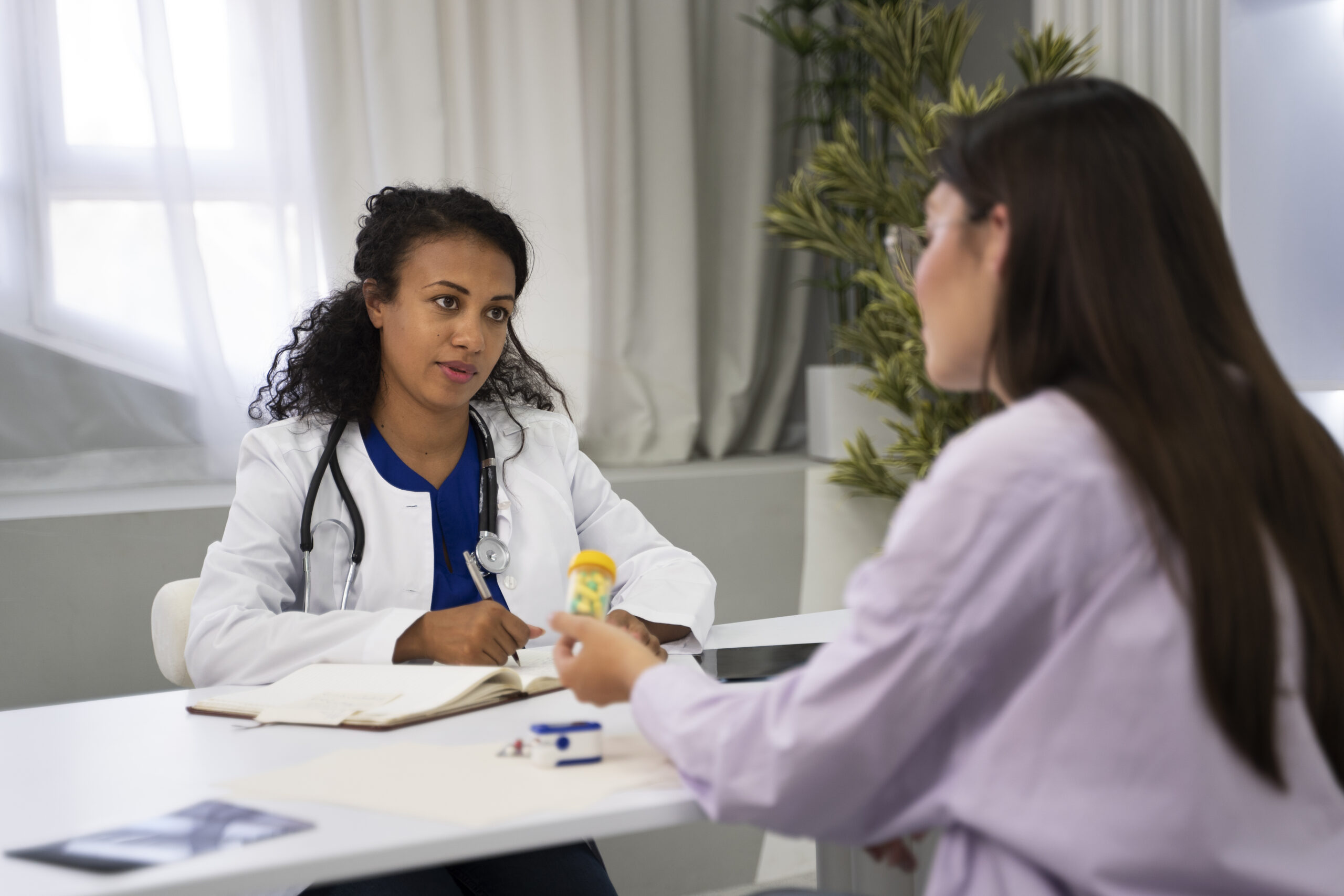


(In Vitro Fertilization / Intracytoplasmic Sperm Injection)
If you’re having trouble getting pregnant, IVF or ICSI might be recommended. These are advanced fertility treatments that help eggs and sperm meet outside the body — and give you the best chance of having a baby.
Let’s break it down step by step.
IVF (In Vitro Fertilization) means “fertilization in the lab.”
ICSI (Intracytoplasmic Sperm Injection) is a special part of IVF.
These treatments may help if


Many couples need more than one cycle.
IVF/ICSI is generally very safe, but some possible side effects include:
Infertility is typically defined as the inability to conceive after 12 months of regular, unprotected intercourse (or 6 months if the woman is over 35). It can affect both men and women and may be due to a variety of medical or lifestyle factors.
You should consider seeing a fertility specialist if:
Common causes include:
Common causes include:
Diagnosis often involves:
Treatment depends on the underlying cause and may include:
Yes. Female fertility declines significantly after age 35 due to a decrease in the quantity and quality of eggs. Male fertility also declines with age, but generally at a slower rate.
Yes. Maintaining a healthy weight, reducing stress, avoiding smoking and excessive alcohol, eating a balanced diet, and getting regular exercise can all positively impact fertility in both men and women.
Success rates vary depending on factors like age, cause of infertility, and type of treatment. For example, IVF success rates can range from 30% to over 60% per cycle depending on the patient’s age and health profile.
Yes. Most fertility treatments are safe when monitored by experienced specialists. Side effects are usually mild, but in some cases, there can be risks such as multiple pregnancies or ovarian hyperstimulation syndrome (OHSS), especially with certain medications.

Premier women’s healthcare facility
Near SDM Engg College, Opp Police Training School, Kalaghatagi Road, Giri Nagar, Dharwad - 580002